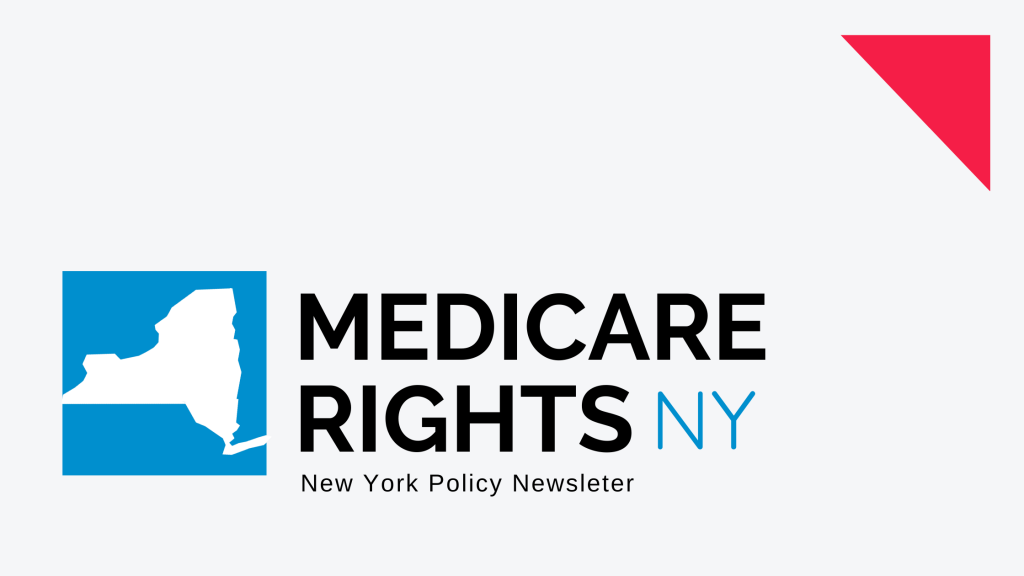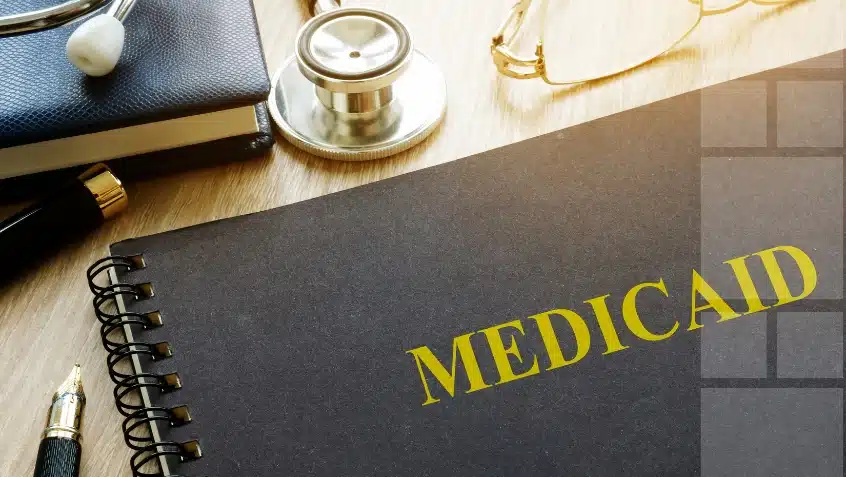This week, the Trump administration announced a new two-year demonstration program that will reduce insulin costs for some people with Medicare drug coverage. The lower costs will no doubt be welcomed by the 1.3 million enrollees who stand to benefit, and we applaud this help. However, we are disappointed that this initiative will not offer relief to all who need it or address larger issues around prescription drug access and affordability.
Read More
A new Kaiser Family Foundation (KFF) Health Tracking Poll offers insights into the impact of the coronavirus on American’s personal health and economic and food security, as well as about the Medicaid program.
Read More
Medicare Rights Advocacy Governor Cuomo releases New York State budget The 2021 NYS Executive Budget includes several provisions affecting dually eligible individuals, long-term care, and integrated care. The enacted changes affect Dual-eligible Special Needs Plans (D-SNPs), Managed Long-Term Care (MLTC) plans, and various Medicaid services. However, the effective dates for some of […]
Read More
This month, the Kaiser Family Foundation (KFF) released a brief that discusses early trends in Medicaid spending and enrollment resulting from the economic and health impacts of the coronavirus public health emergency. The numbers KFF found show how important it is to bolster Medicaid funding quickly to avoid cuts in important services for older adults and people with disabilities.
Read More
A recent analysis from The Commonwealth Fund highlights the problems consumers with “short-term” health plans may face during the coronavirus emergency. Over the past few years, the Trump administration has expanded access to short-term health plans that are not required to adhere to the Affordable Care Act’s (ACA) consumer protections or insurance regulations. This non-compliance allows short-term plans to charge premiums based on health status, decline coverage for pre-existing conditions, impose annual or lifetime limits, and exclude coverage for the essential health benefits.
Read More
On Tuesday, Democrats in the U.S. House of Representatives unveiled their vision for the next round of coronavirus relief legislation, the Health and Economic Recovery Omnibus Emergency Solutions (HEROES) Act. The comprehensive bill reflects that significant and ongoing pandemic-related challenges have yet to be addressed, including many of those facing older […]
Read More
This week, the Kaiser Family Foundation (KFF) released data on massive recent job losses among those age 65 and older, illustrating the ongoing need for economic and insurance assistance for this population. According to KFF, between March and April of 2020 the unemployment rate of those 65 and older quadrupled. The new […]
Read More
The Centers for Medicare & Medicaid Services (CMS) recently took several steps to further expand the availability of Medicare telehealth services during the coronavirus emergency. Last week, the agency announced several temporary policy changes, and released an updated version of its coronavirus-related blanket waiver guidance that reflects these developments. According to CMS, the revisions are intended to “increase access to telehealth for Medicare patients so they can get care from their physicians and other clinicians while staying safely at home.” Notably, these flexibilities are in addition to those previously made by Congress and CMS, including via the CARES Act and the federal rulemaking process. Below is a summary of key changes.
Read More
This week, the Centers for Medicare & Medicaid Services (CMS) announced new opportunities for people to enroll in Medicare or make certain changes to their coverage during the coronavirus emergency. While these temporary policies are a step in the right direction, they are too narrow and leave some without relief. More needs to be done.
Read More









